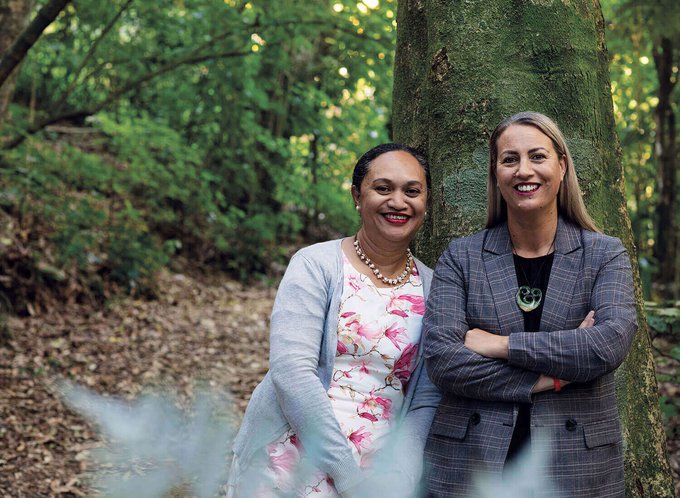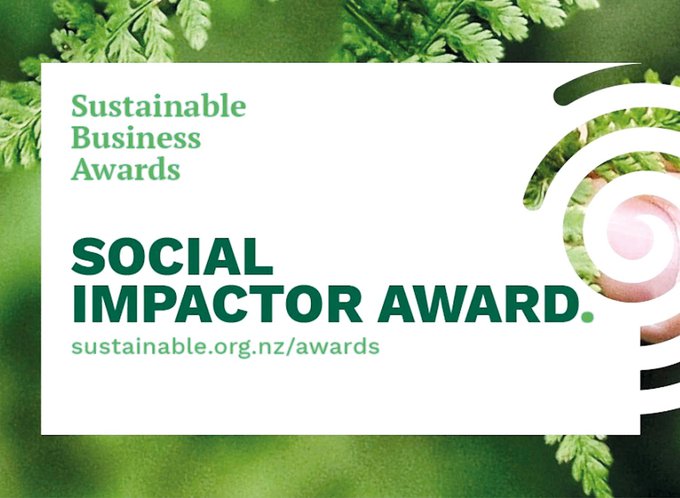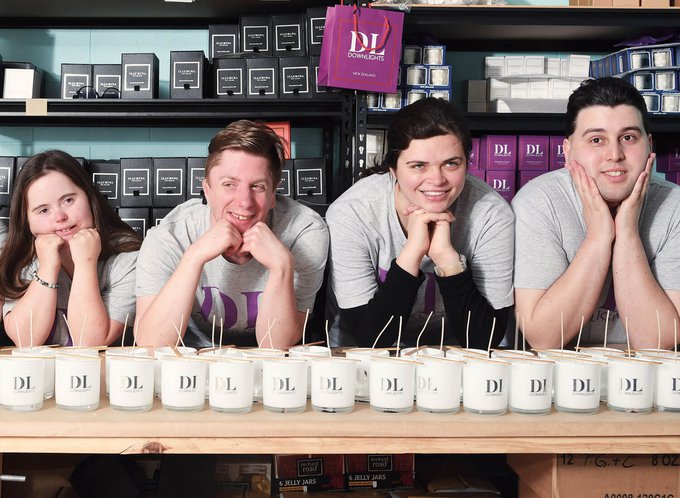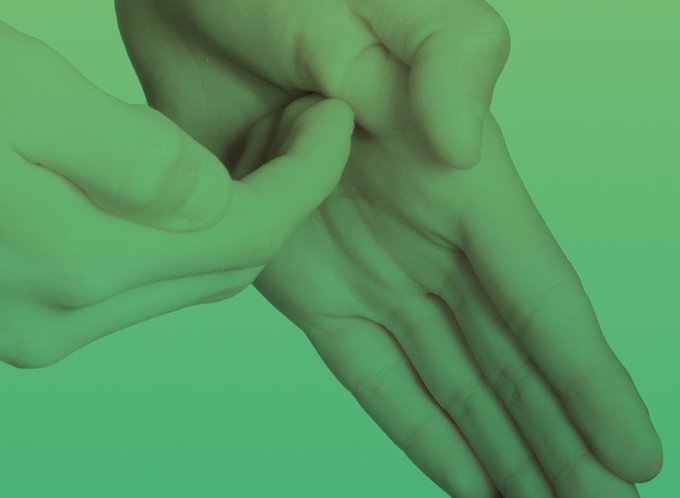An estimated 15% of workers worldwide are classed as workaholics. But what does it actually mean, and more importantly, what’s it like to live with? Libby Schultz chats to the Kiwi researchers shedding new light on the impact of when a job becomes much more than 9 to 5.
When Professor Joana Kuntz and colleagues at the University of Canterbury interviewed a range of New Zealanders who self-identified as workaholics, the results were disturbing – but not completely surprising. Out of the group of 15, several worked 18-hour days (leaving just 6 hours for everything else, including sleep), while one participant hadn’t had a proper day off in 10 years.
Workaholism is defined as working long hours, beyond financial necessity or actual role requirements. But it’s more than a simple measure of hours. We might compare 2 people in a similar job, both working 14-hour days – but only one is deemed a workaholic.
There’s a big difference between a super-engaged worker and a workaholic. An engaged worker loves what they’re doing. They’re in a flow state, the hours fly by and they’re mostly energised by work, not drained by it.
As Joana explains, there’s a big difference between a super-engaged worker and a workaholic. An engaged worker loves what they’re doing. They’re in a flow state, the hours fly by and they’re mostly energised by work, not drained by it. Another critical difference? When their work is done, they happily switch off and leave it behind.
A workaholic, on the other hand, has a different experience. Those weekends and late nights are often clouded with stress, guilt, anxiety and even physical symptoms. And when the workday is done…well, it never is. “Workaholics don’t have the same ability to psychologically detach from work,” she says. “They usually think obsessively about it and are always welded to work, whether they are physically there or not.”

Are you at risk?
Experts say there are various factors that could make someone predisposed to workaholism, including socio-cultural values or upbringing where excessive work is glorified.
“It’s the norm for people in Korea to work crazy hours,” revealed one of Joana’s study participants. “Even at a very young age, that just gets ingrained in you.”
Some have their self-worth and identity linked to work – “If you took the hustle out of who I was, I don’t think I’d be recognisable” – or a heightened sense of obligation to others that overrides their own needs – “We’ve got close to 20 staff…if I don’t work hard, they’re going to lose their jobs and have no money.”
Other common factors include high-striving or perfectionist tendencies, low self-esteem, coming from a disadvantaged background or working for an organisation that normalises excessive work.
What’s ‘normal’ these days?
Philly Powell, founder of the Wellbeing Tick, confirms what many of us are feeling – in 2024, we’re working harder than ever. According to Stats NZ, Kiwis are working 31.5% more hours than they’re getting paid for.
“The data shows that workload levels have become unreasonable across the board,” says Philly. “And it’s so normalised now that it makes it really hard for an individual to push back...to put your hand up and say ‘actually, this is too much.”
When faced with growing workloads, workers will respond differently. “People who don’t have workaholic tendencies are able to set boundaries, engage in quiet quitting, or they might just leave and say I have better things to do with my life,” says Joana. A workaholic, however, will simply work harder.
What’s most worrying, says Joana, is that organisations can effectively prey on workaholic employees – whether it’s deliberate or not.
As one study participant noted, “I was working very late most nights, and the law firm was very happy because I was recording a lot of billable units. We were being paid gold, but it was in the shape of handcuffs.”

The onus on organisations
Imagine approaching your HR manager and saying I’m a workaholic and I need your help. “I can’t even imagine how an employer would respond,” says Philly.
She says most workplaces aren’t yet equipped to have good support in place around burnout, let alone work addiction. “It’s not even a conversation in the workplace. But it is another challenge we need to face head on and start to educate ourselves about.”
As with any addiction, says Philly, there’s stigma around admitting it. It’s also easy for others to minimise the problem. “Just like people say, oh, she’s fine, she just likes a few wines – it’s like, oh, she works every evening, but she loves her job. But there’s a big difference between that and someone who’s lost control.”
So what’s a responsible organisation to do? According to Philly, they can seek to better understand each employee’s working style – ideally at the onboarding stage – to identify those at risk and put measures in place to support them.
Changing how it is viewed is also important, says Joana. “If workplaces saw workaholism the way society sees other types of addiction, I think they’d have a more compassionate approach to understanding and preventing it.”
Signs you might be addicted to work
Workaholism is not a recognised addiction in the same way as alcohol, drugs or gambling are. But as researchers point out, many of its hallmarks look familiar.
- Form of avoidance – using work to avoid addressing uncomfortable issues or feelings.
- Motivational salience – work becomes the all-consuming goal in life.
- Mood modification – continually chasing fleeting highs from work achievements
- Withdrawal symptoms – feeling anxiety/guilt or negative emotions when not working.
- Increasing tolerance – capacity for overwork builds over time.
- Emotional and physical symptoms – anxiety/guilt, heart palpitations, chronic fatigue, disrupted sleep.
- Reaching a crisis point – through a pivotal life event, ill health or family intervention.
- Relapse is common – the compulsion to overwork often returns.
Know someone who might enjoy this?
Read this next
-
July 2021
Shared ambition
-
November 2021
Sustainable Business Network Awards
-
November 2023
The power of gratitude
-
April 2024
Supporting Members in business
Greater good
See all-
March 2021
Candles for a cause
-
March 2021
Helping Kiwi babies thrive
-
March 2021
Creating a Deaf-inclusive Aotearoa







